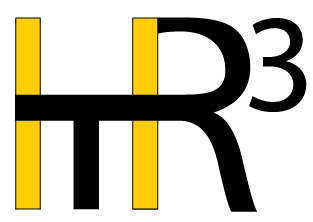Human Trafficking Training
Human Trafficking: Recognition, Respect, Response (HTR3)
NSPN provides training for youth service providers to help improve their work with survivors of human trafficking. Youth and family service providers who may come into contact with youth involved in human trafficking must have a basic understanding of human trafficking in order to accurately identify victims and provide appropriate and trauma-informed services. The human trafficking framework NSPN created to support this initiative focuses on the following areas: recognition, respect and response. The framework is officially identified as HTR3 to reflect the three human trafficking focus areas. The HTR3 framework focuses on the following three areas.
Recognition
- Recognizing the signs of human trafficking (sex and labor), domestic minor sex trafficking, and commercial sexual exploitation of children during outreach activities, intakes and ongoing services to youth.
- Recognizing the need to ensure that all staff are trained in appropriate and effective methods for validating the status of a youth regarding trafficking while maintaining safety for the youth, staff and the program.
- Recognizing the need for education and prevention programming to decrease the risk for vulnerable and underserved youth populations.
- Recognize the impact of trafficking on communities and the role that youth serving organizations play in addressing the need for effective services.
Respect
- Respect youth victims/survivors by focusing on strengths and opportunities to engage youth in change efforts.
- Respect the role of other entities (social services, law enforcement, the judicial system and local coalitions) in addressing the issues at a micro and macro level.
- Respect the impact that the experiences of being trafficked/exploited may have had on the youth and the need for trauma-informed services.
- Respect the need for staff to receive specialized training in order to best address the needs of youth who are victims/survivors and to prevent secondary trauma and compassion fatigue.
Response
- Respond to youth needs with evidence-based practices and trauma-informed approaches.
- Respond rather than react to the nature of the events that led youth to seek assistance.
- Respond to the impact of service provision on staff by ensuring strong professional support and development activities.
- Respond to community prevention and intervention needs by linking programs to resources and human trafficking coalitions.
- Respond to gaps in services by working with community coalitions to address missing resources.
This training includes additional topics such as:
- Social media risks for youth
- Peer recruitment
- Trauma bonding
- Building community coalitions
- Others
For more information about this HTR3 Human Trafficking Training, please email the membership team at [email protected].

|





